Don’t Be a Fool – April Or Otherwise. Learn How Music Works!
Don’t Be a Fool – April Or Otherwise. Learn How Music Works!
Since this is April 1st as I’m writing this, and people are playing April Fools jokes on each other all over, I thought that I would take this opportunity to remind all my music students to take advantage of all the learning tools that are available these days to learn music theory and to learn how music works. There is just no need to be a “music fool” – a person who plays music but doesn’t understand what he or she is doing.
There are literally millions of people who took piano lessons (and other kinds of music lessons) when they were growing up and learned to read music to some extent, so they can play the printed music they see on a score, but have no idea what form the song is following, or what the chords are that are being used, or what progressions are unfolding, or what passing tones are being used, or what techniques the composer is using to apply the chords to the score.
And that’s a shame.
Because there are a ton of materials available these days to learn all about how music works – form, style, chords, and on and on. Sometimes I wonder if the words “music theory” scares people away. Maybe it should be named “The DNA of Music” or “Musical Forensics” – some title that would make it sound more exciting than the word “theory”.


Watch this 7-minute video on the importance of learning music with more than just your fingers:
————————————————————————————————————————————————————————————————————————————————————————————————————————————————————————————————————————————————————————–


